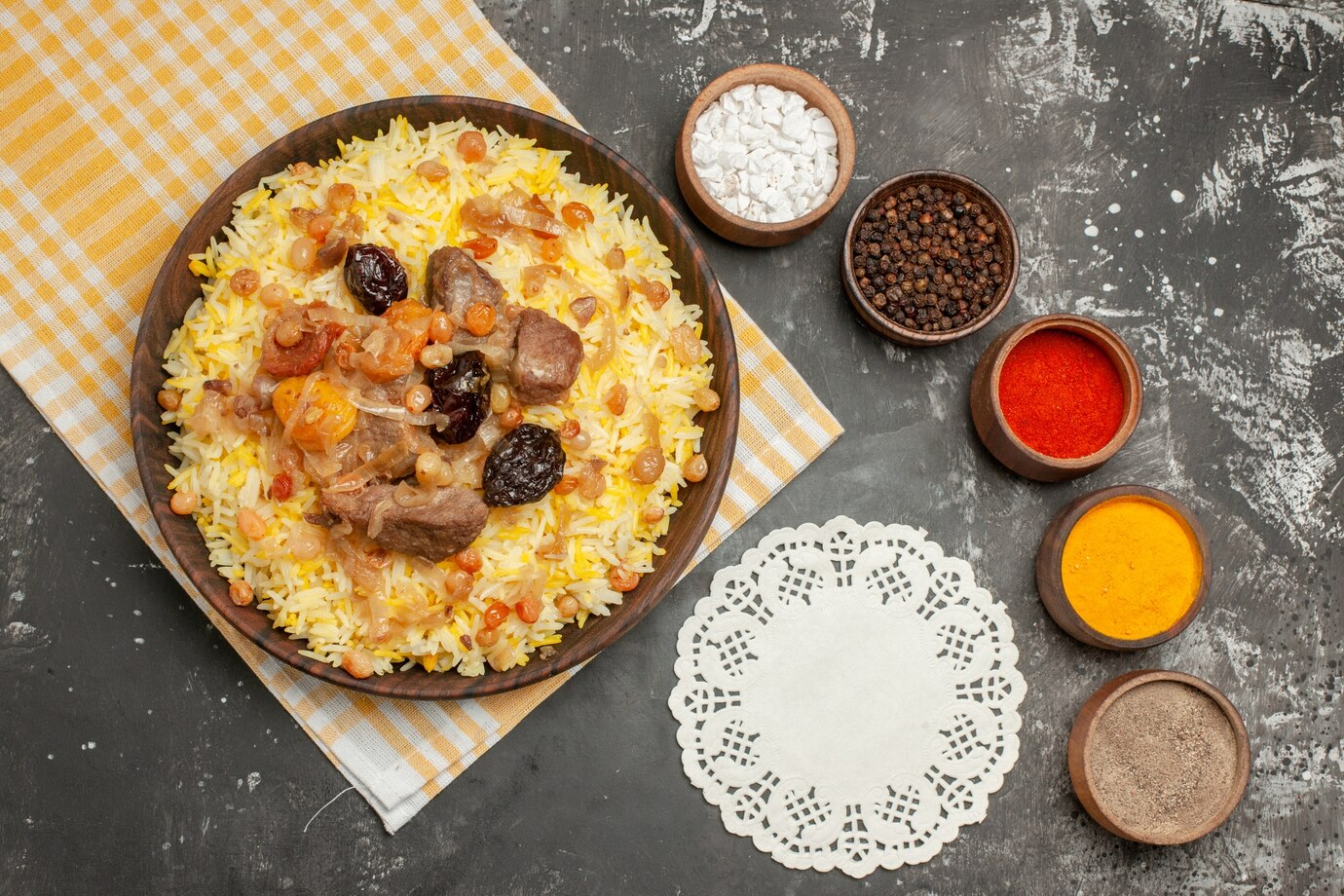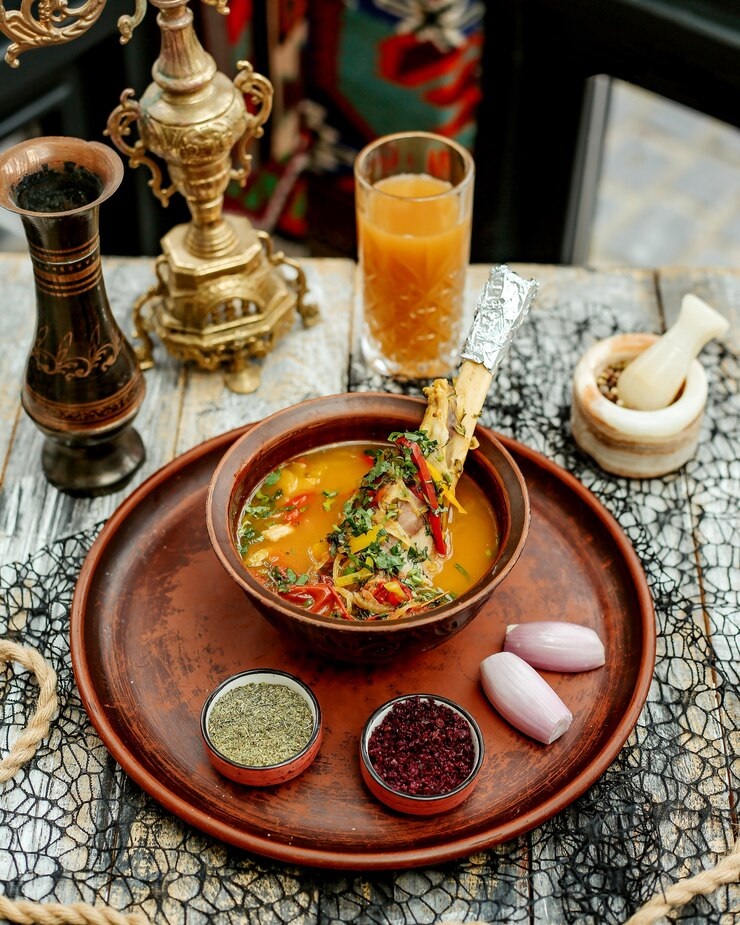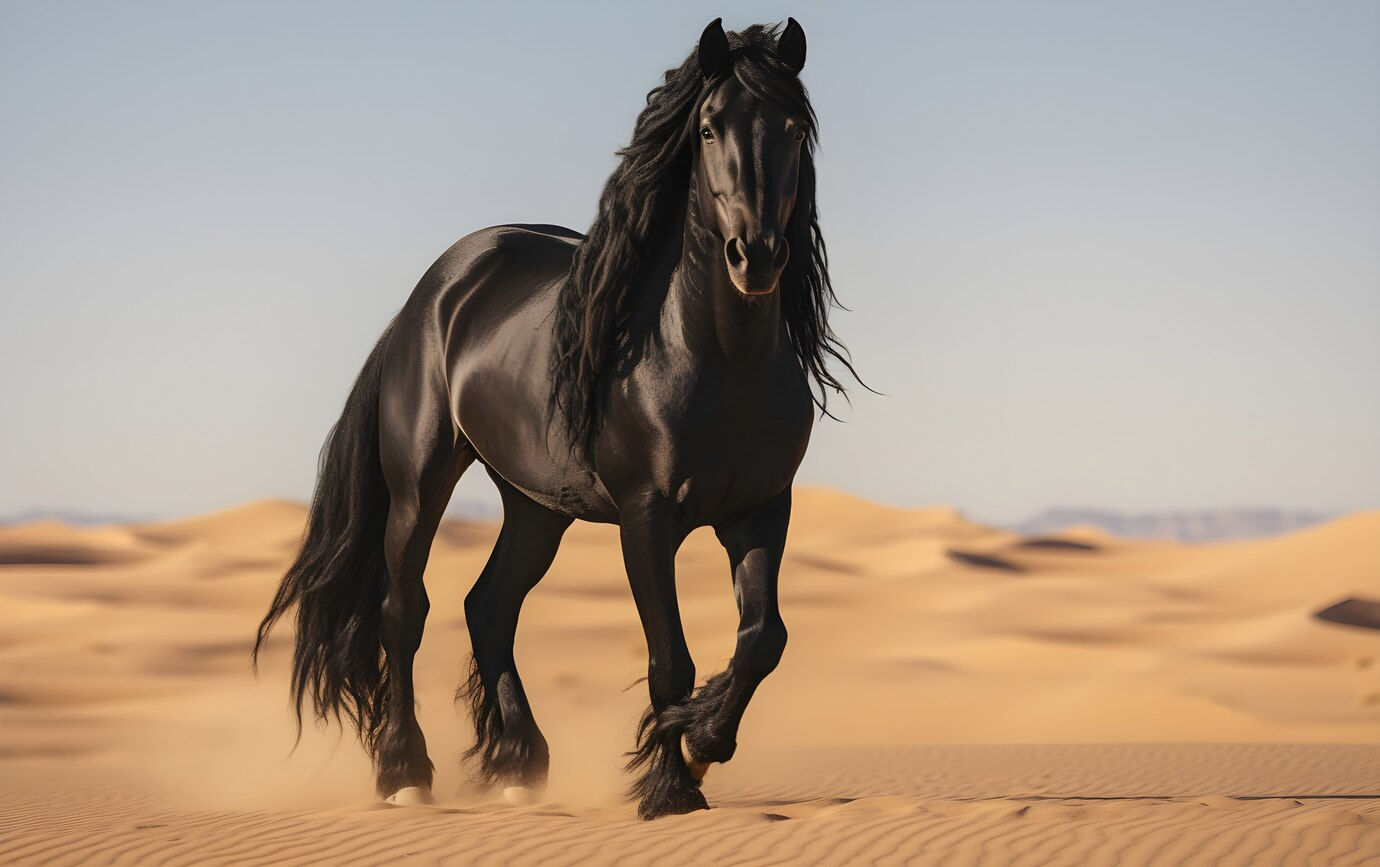Introduction to Arabian Dish vs Overdished Horse
The culinary world is full of fascinating contrasts, and one such intriguing comparison is between Arabian dish vs overdished horse. Both evoke curiosity, yet they stand on opposite ends of the culinary spectrum. While celebrated for their rich heritage and flavorful combinations, the notion of an Arabian dish vs overdished horse is steeped in controversy and cultural perceptions. In this article, we delve deep into the nuances of each, exploring their flavors, cultural significance, and what makes them stand out in the culinary landscape.

The Rich Heritage of Arabian Dishes
Arabian cuisine boasts a rich tapestry of history, culture, and tradition. Rooted in centuries of culinary evolution, Arabian dishes are a reflection of the diverse influences that have shaped the Arabian Peninsula. The flavors are bold, aromatic, and often a harmonious blend of spices that create an unforgettable dining experience.
Arabian dishes are not just food; they are a celebration of the region’s heritage. From the luxurious feasts enjoyed by royalty to the simple, yet flavorful meals of the common people, each dish tells a story. Ingredients like saffron, cardamom, and dates are staples, adding depth and richness to the cuisine.
The Controversy of Overdished Horse
The term “overdished horse” might raise eyebrows, and rightly so. It refers to the practice of preparing horse meat in a manner that some might consider excessive or culturally insensitive. In many cultures, the consumption of horse meat is taboo, adding to the controversy surrounding this dish.
However, in some regions, horse meat is a delicacy, and the concept of “overdishing” it could be seen as an attempt to elevate the dish to a higher status. This brings forth a cultural clash, where tradition meets modern culinary experimentation.
Arabian Dishes: A Closer Look

When it comes to Arabian dish, the focus is on creating dishes that are both flavorful and visually appealing. Signature ingredients like lamb, rice, and a variety of spices are used to create meals that are not only satisfying but also rich in cultural significance.
One of the most popular Arabian dishes is Mandi, a fragrant rice dish topped with succulent meat, often lamb or chicken. The meat is marinated in a blend of spices and slow-cooked until tender, allowing the flavors to infuse deeply. Another favorite is Shawarma, thinly sliced meat that’s marinated and roasted on a spit, then wrapped in flatbread with a variety of toppings.
Overdished Horse: Examining the Concept

Overdished horse is a term that suggests an over-the-top approach to preparing horse meat. This could mean using an excessive number of ingredients, applying complex cooking techniques, or presenting the dish in a way that’s meant to shock or impress.
The ingredients used in overdished horse are typically robust, aiming to mask or enhance the flavor of the horse meat. Spices, marinades, and sauces are often layered in an attempt to create a unique culinary experience. The preparation process might involve techniques like braising or slow cooking to ensure the meat is tender and palatable.
Cultural Significance of Each Dish
Arabian dishes are deeply ingrained in the cultural fabric of the Middle East. They are often associated with hospitality, where guests are treated to lavish meals as a sign of respect and generosity. Festivals, weddings, and other celebrations are marked by the preparation of grand feasts, with dishes that have been passed down through generations.
On the other hand, the concept of overdished horse holds a different kind of cultural significance. In some regions, horse meat is considered a symbol of strength and endurance. However, the idea of overdishing it can be seen as a way to push culinary boundaries, challenging traditional norms and creating new dining experiences.
Comparing the Two: Flavor, Texture, and Experience
When comparing Arabian dishes with overdished horse, it’s essential to consider the flavor profiles, textures, and overall dining experience. Arabian dishes are known for their balanced use of spices, creating a harmonious blend of flavors that complement the main ingredients without overpowering them. The textures are varied, from the tender meat in a Mandi to the crispy edges of a Shawarma wrap.
In contrast, overdished horse might offer a more intense flavor experience, depending on how it’s prepared. The texture of the horse meat can range from chewy to tender, depending on the cooking method. The experience of eating overdished horse could be described as adventurous, appealing to those who seek bold and unconventional flavors.
The Rich Heritage of Arabian Dishes
Arabian cuisine is a vibrant mosaic of flavors and traditions that have been carefully preserved and passed down through generations. The Arabian Peninsula, with its strategic location as a crossroads between Asia, Africa, and Europe, has historically been a melting pot of cultures. This confluence of influences is vividly reflected in its cuisine, which is characterized by a sophisticated use of spices, herbs, and fresh ingredients.
The significance of food in Arabian culture cannot be overstated. It’s not just about sustenance; it’s about community, hospitality, and tradition. Meals are often communal, with large platters of food shared among family and friends. This practice symbolizes unity and togetherness, essential values in Arabian society.
A hallmark of Arabian cuisine is its emphasis on balance—whether it’s the delicate interplay of sweet and savory flavors or the careful layering of textures. Dishes like Kabsa, a spiced rice dish with meat, and Harees, a savory porridge made from wheat and meat, are staples in many households, especially during festive occasions. These dishes not only satisfy the palate but also tell the story of a region rich in history and culture.
The Controversy of Overdished Horse
The concept of “overdished horse” delves into the often contentious world of culinary experimentation. Horse meat, though consumed in certain parts of the world, remains a taboo subject in many cultures. This dish pushes the boundaries of conventional gastronomy, challenging diners to rethink their perceptions of what is acceptable on their plates.
In regions where horse meat is consumed, it’s often associated with strength, endurance, and even medicinal properties. However, the notion of overdishing this meat—preparing it with an extravagant array of ingredients and techniques—can be seen as either an attempt to elevate the dish or as an unnecessary embellishment that detracts from the meat’s natural qualities.
Cultural perceptions play a significant role in how this dish is received. In Western cultures, where horses are often seen as companions rather than livestock, the idea of consuming horse meat can be deeply unsettling. Conversely, in other parts of the world, particularly in Central Asia, horse meat is a traditional delicacy, and overdishing it might be viewed as a culinary art form.
The controversy surrounding overdished horse also highlights broader ethical questions about food, such as the sustainability of certain meat practices and the cultural implications of food choices. It invites a dialogue about where we draw the line between culinary creativity and cultural respect.
Arabian Dishes: A Closer Look
Arabian dishes are known for their complexity, yet they remain approachable to the average cook. The cuisine often centers around a few key ingredients—rice, meat, and spices—but the variations are endless, with each region within the Arabian Peninsula offering its own twist on traditional recipes.
One of the most beloved Arabian dishes is Maqluba, which literally means “upside down.” This dish is a flavorful combination of rice, meat, and vegetables layered together and cooked until the ingredients are perfectly tender. The pot is then inverted onto a plate before serving, revealing a beautifully layered masterpiece. Maqluba is a dish that exemplifies the Arabian love for dramatic presentation and rich, comforting flavors.
Another popular dish is Fattoush, a salad made with fresh vegetables, herbs, and crispy pieces of flatbread, all tossed in a tangy sumac dressing. This dish reflects the Arabian emphasis on freshness and the use of local, seasonal produce. Fattoush is often served as a starter, providing a refreshing contrast to the more substantial meat and rice dishes that follow.
Desserts also hold a special place in Arabian cuisine, with treats like Baklava, a sweet pastry made of layers of filo dough filled with nuts and honey, and Umm Ali, a rich bread pudding, being perennial favorites. These desserts are not just about satisfying a sweet tooth; they are integral to the celebratory nature of Arabian meals, often served during holidays and special occasions.
Overdished Horse: Examining the Concept
The idea behind arabian dish vs overdished horse is to take a traditionally modest ingredient and transform it into something extraordinary. This approach often involves a high degree of culinary skill, as the chef must balance bold flavors without overwhelming the unique taste of horse meat.
One method of preparing arabian dish vs overdished horse involves marinating the meat in a mixture of robust spices such as paprika, garlic, and cumin, then slow-cooking it until it reaches a melt-in-your-mouth tenderness. The meat might be paired with a rich sauce made from red wine, tomatoes, and herbs, further intensifying its flavor.
Another approach might include the use of unusual or luxurious ingredients, such as truffle oil or foie gras, to create a dish that is as much about the spectacle as it is about taste. These ingredients are chosen for their ability to complement the gamey flavor of horse meat, while also adding a layer of complexity and decadence to the dish.
The presentation of overdished horse is often just as important as its preparation. Dishes might be plated in a way that highlights the chef’s artistic flair, with each element carefully arranged to create a visually stunning composition. The goal is to create a dish that not only challenges the palate but also captivates the eye.
However, this level of culinary experimentation is not without its critics. Some argue that overdishing a dish can detract from the natural qualities of the main ingredient, turning what could be a straightforward, satisfying meal into an overcomplicated affair. Others see it as an exciting avenue for creativity, pushing the boundaries of what food can be.
Cultural Significance of Each Dish
Arabian dishes are more than just food; they are a living testament to the region’s rich cultural heritage. Each dish carries with it a story, whether it’s the tale of how a particular spice found its way to the Arabian Peninsula through ancient trade routes, or how certain dishes became associated with specific celebrations or rituals.
For example, during the holy month of Ramadan, Arabian households prepare Iftar meals that often include dates, soup, and hearty dishes like Kabsa or Harees. These meals are not just about breaking the fast; they are about coming together as a community, sharing food, and reflecting on the spiritual significance of the month. The rituals surrounding these meals are steeped in tradition, with recipes passed down from one generation to the next.
In contrast, the cultural significance of overdished horse is more complex and varied. In regions where horse meat is consumed, it can be seen as a symbol of resilience and strength. The act of overdishing it might be viewed as a way to honor the animal by preparing it in the most elaborate manner possible, thus turning a simple meal into a special occasion.
However, in cultures where horse meat is taboo, the concept of overdished horse could be seen as controversial or even offensive. This highlights the importance of understanding and respecting cultural differences when it comes to food. What is considered a delicacy in one culture might be viewed very differently in another, and this understanding is crucial in a globalized world where culinary traditions are increasingly shared and adapted.
Comparing the Two: Flavor, Texture, and Experience
When it comes to flavor, Arabian dishes are known for their depth and complexity. The use of spices like cumin, coriander, and cardamom creates a symphony of flavors that are both aromatic and richly satisfying. The textures in Arabian cuisine are equally varied, with dishes offering a delightful contrast between tender meats, fluffy rice, and crispy flatbreads.
Eating an Arabian dish is often a multi-sensory experience. The aroma of spices wafting through the air, the sight of a beautifully presented dish, and the taste of carefully balanced flavors all combine to create a memorable meal. The experience is often communal, with diners sharing large platters of food, which adds to the sense of connection and celebration.
In contrast, overdished horse offers a different kind of culinary adventure. The flavors are typically bold, with the meat’s natural gaminess either highlighted or tempered by the use of strong spices and rich sauces. The texture of horse meat can vary, but when prepared correctly, it can be incredibly tender and flavorful.
The experience of eating arabian dish vs overdished horse is often more individualistic, focusing on the novelty and the craftsmanship behind the dish. It’s a dish that might be savored slowly, with each bite revealing new layers of flavor. For those who enjoy pushing the boundaries of their culinary experiences, overdished horse offers an opportunity to explore something truly unique and potentially controversial.
Conclusion
Ultimately, the comparison between Arabian dish vs overdished horse is one of tradition versus innovation, cultural heritage versus culinary experimentation. Arabian cuisine offers a rich tapestry of flavors and traditions that have been lovingly preserved over centuries, while overdished horse represents a bold, avant-garde approach to cooking that challenges the status quo.
For food enthusiasts, this exploration of contrasting culinary styles is a reminder of the diverse and ever-evolving nature of food. Whether you prefer the comforting familiarity of the daring adventure of Arabian dish vs overdished horse, both offer unique and valuable insights into the world of gastronomy.
If you’re interested in exploring more about the fascinating world of food, be sure to check out our next article on food-related topics.














